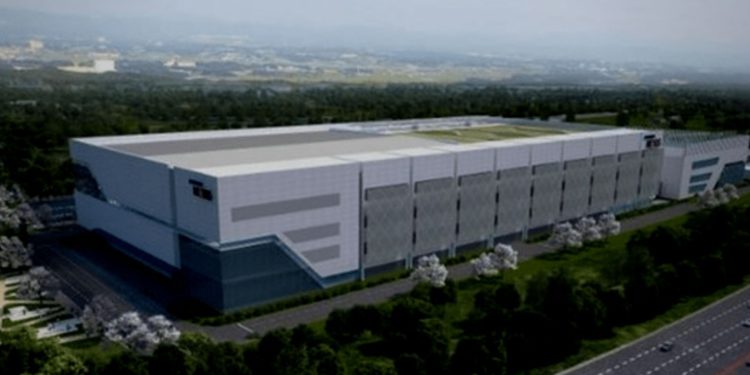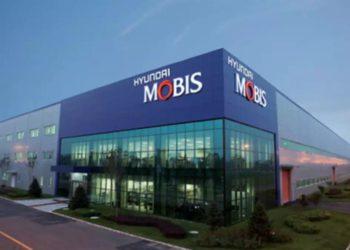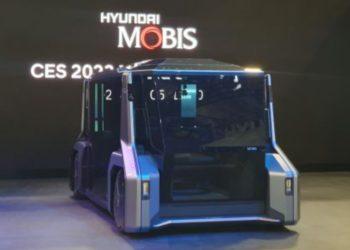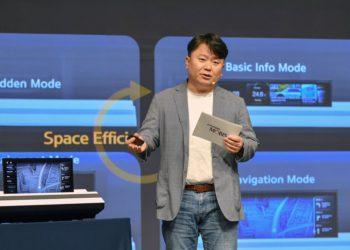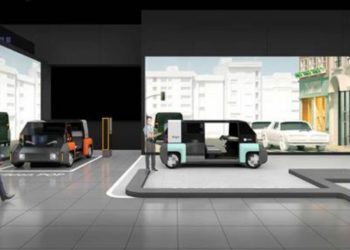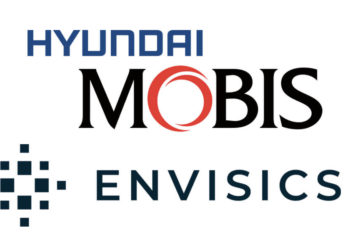Hyundai Mobis has announced its new project investment of around $1.1 billion for hydrogen fuel cell plants in Incheon and Ulsan. The company will be setting up the two plants for various manufacturing undertakings to produce fuel cell systems.
The groundbreaking ceremony was held this week at Incheon. The plant is located in the industrial complex in Cheongna International City. There’s no official update on the construction in Ulsan. However, it is said to be near the Hyundai Motor plant in Ulsan. Here, some new Hyundai models, including Nexo and FCEV, will be manufactured.
While the stacks production will take place at the Incheon plant, along with other components, the same will be assembled to fuel cell systems at its Ulsan factory. The company aims to begin production by mid-2023.
After the plants are completely set up, the operations are expected to make 100000 fuel cell systems at its full capacity. And hence, it will be the first time that Hyundai Mobis will be targeting third-party prospects along with its Hyundai subsidiaries.
The president and CEO of Hyundai Mobis, Sung-Hwan Cho, spoke to the media regarding its plant investment, where he stated, “Despite the uncertainties, which include Covid-19, we have decided to make this major investment to ensure market-leading competitiveness in the global fuel cell industry.”
“We will continue to invest in facilities and expand our research and development capabilities for the development of the hydrogen industry and expand the ecosystem,” Cho added in his announcement.
A few weeks ago, Hyundai announced its plans on the Hydrogen-powered multi-purpose vehicle” With multiple projects on the roadmap, 2023 will be a year of milestones for Hyundai Mobis.
Since the company aims to sell the fuel cell systems to third-party prospects, Hyundai Mobis may explore the logistics equipment and construction machinery markets for external sales.
“Despite the uncertainties, which include Covid-19, we have decided to make this major investment to ensure market-leading competitiveness in the global fuel cell industry,” Cho said while talking about Hyundai’s plant set up. He further added, “We will continue to invest in facilities and expand our research and development capabilities for the development of the hydrogen industry and expand the ecosystem.”
At present, Hyundai has a fuel cell factory plant in Chungju, which is located in central Korea. The plant operates with a capacity of 23000 fuel cell systems per year. The new plants will add up to the list by 2023.

